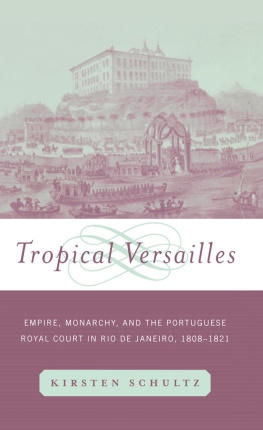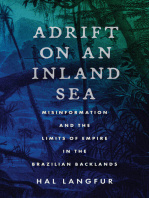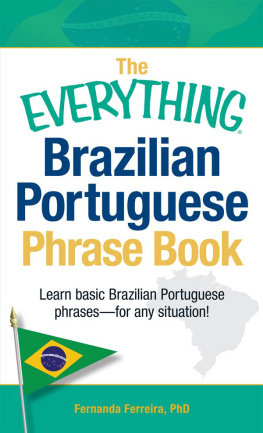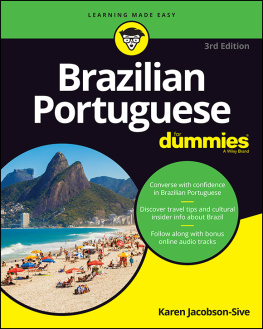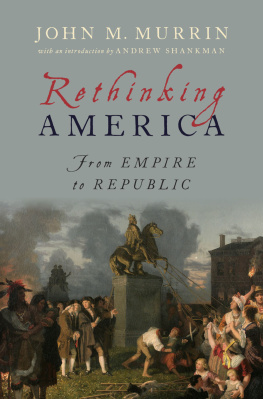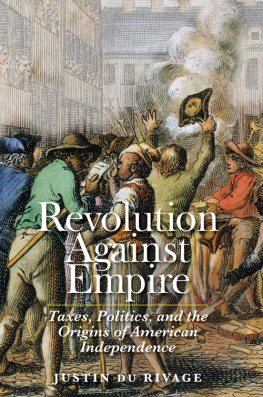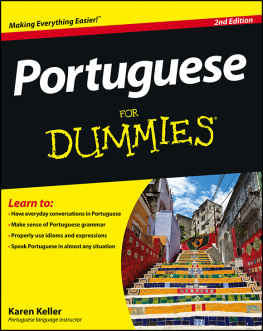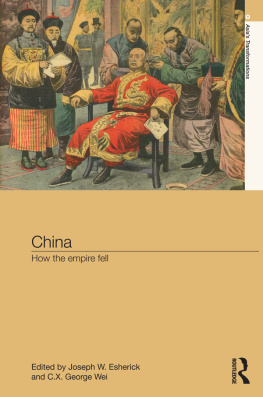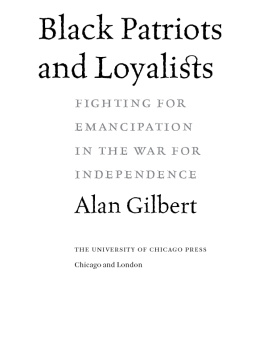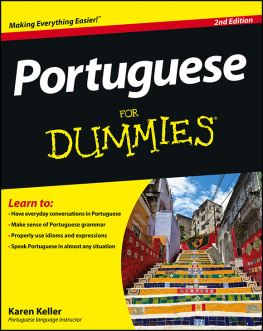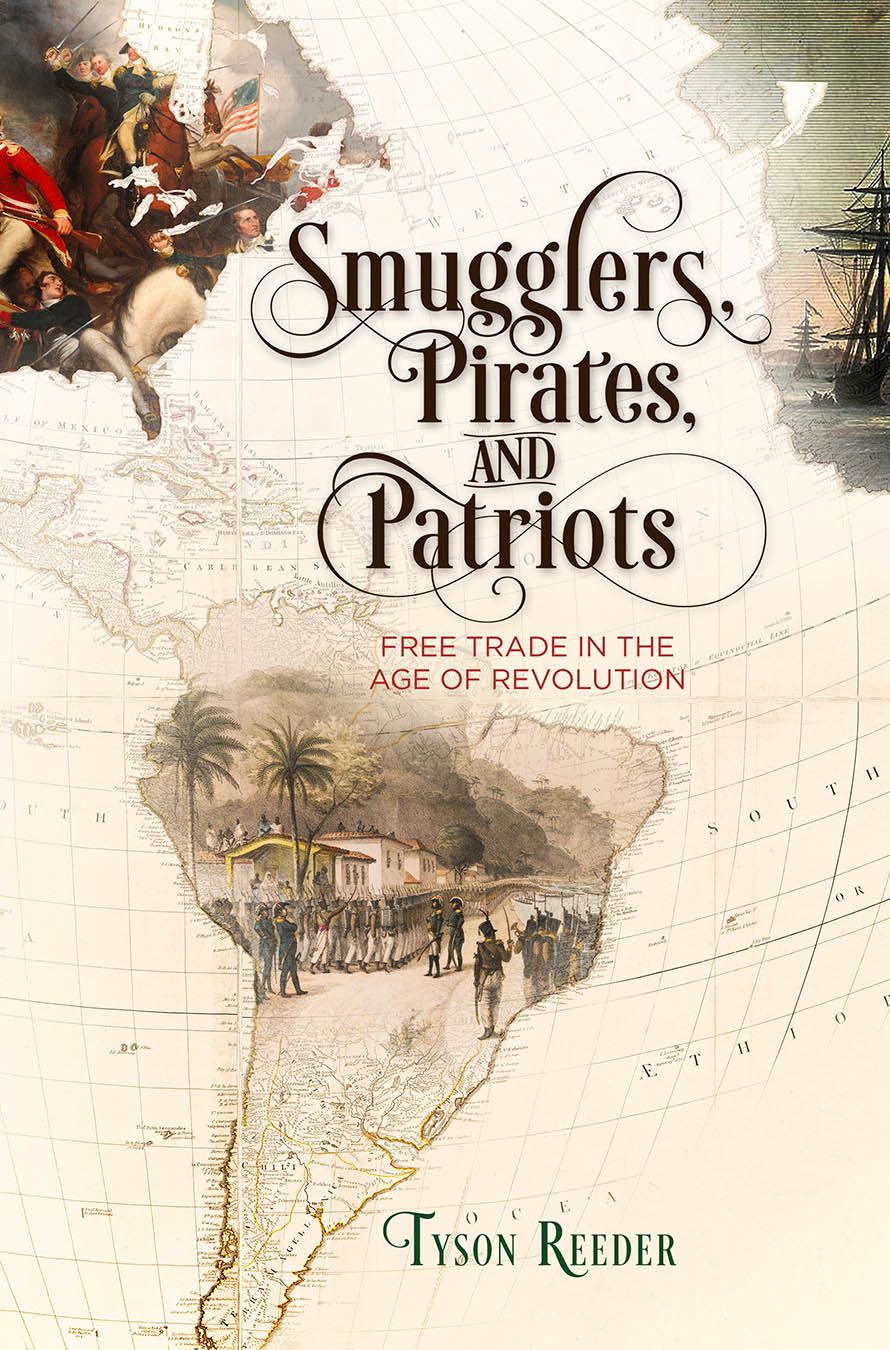Tyson Reeder - Smugglers, Pirates, and Patriots: Free Trade in the Age of Revolution
Here you can read online Tyson Reeder - Smugglers, Pirates, and Patriots: Free Trade in the Age of Revolution full text of the book (entire story) in english for free. Download pdf and epub, get meaning, cover and reviews about this ebook. year: 2019, publisher: University of Pennsylvania Press, genre: Politics. Description of the work, (preface) as well as reviews are available. Best literature library LitArk.com created for fans of good reading and offers a wide selection of genres:
Romance novel
Science fiction
Adventure
Detective
Science
History
Home and family
Prose
Art
Politics
Computer
Non-fiction
Religion
Business
Children
Humor
Choose a favorite category and find really read worthwhile books. Enjoy immersion in the world of imagination, feel the emotions of the characters or learn something new for yourself, make an fascinating discovery.

- Book:Smugglers, Pirates, and Patriots: Free Trade in the Age of Revolution
- Author:
- Publisher:University of Pennsylvania Press
- Genre:
- Year:2019
- Rating:4 / 5
- Favourites:Add to favourites
- Your mark:
Smugglers, Pirates, and Patriots: Free Trade in the Age of Revolution: summary, description and annotation
We offer to read an annotation, description, summary or preface (depends on what the author of the book "Smugglers, Pirates, and Patriots: Free Trade in the Age of Revolution" wrote himself). If you haven't found the necessary information about the book — write in the comments, we will try to find it.
After emerging victorious from their revolution against the British Empire, many North Americans associated commercial freedom with independence and republicanism. Optimistic about the liberation movements sweeping Latin America, they were particularly eager to disrupt the Portuguese Empire. Anticipating the establishment of a Brazilian republic that they assumed would give them commercial preference, they aimed to aid Brazilian independence through contraband, plunder, and revolution. In contrast to the British Empires reaction to the American Revolution, Lisbon officials liberalized imperial trade when revolutionary fervor threatened the Portuguese Empire in the 1780s and 1790s. In 1808, to save the empire from Napoleons army, the Portuguese court relocated to Rio de Janeiro and opened Brazilian ports to foreign commerce. By 1822, the year Brazil declared independence, it had become the undisputed center of U.S. trade with the Portuguese Empire. However, by that point, Brazilians tended to associate freer trade with the consolidation of monarchical power and imperial strength, and, by the end of the 1820s, it was clear that Brazilians would retain a monarchy despite their independence.
Smugglers, Pirates, and Patriots delineates the differences between the British and Portuguese empires as they struggled with revolutionary tumult. It reveals how those differences led to turbulent transnational exchanges between the United States and Brazil as merchants, smugglers, rogue officials, slave traders, and pirates sought to trade outside legal confines. Tyson Reeder argues that although U.S. traders had forged their commerce with Brazil convinced that they could secure republican trade partners there, they were instead forced to reconcile their vision of the Americas as a haven for republics with the reality of a monarchy residing in the hemisphere. He shows that as twilight fell on the Age of Revolution, Brazil and the United States became fellow slave powers rather than fellow republics.
Tyson Reeder: author's other books
Who wrote Smugglers, Pirates, and Patriots: Free Trade in the Age of Revolution? Find out the surname, the name of the author of the book and a list of all author's works by series.

